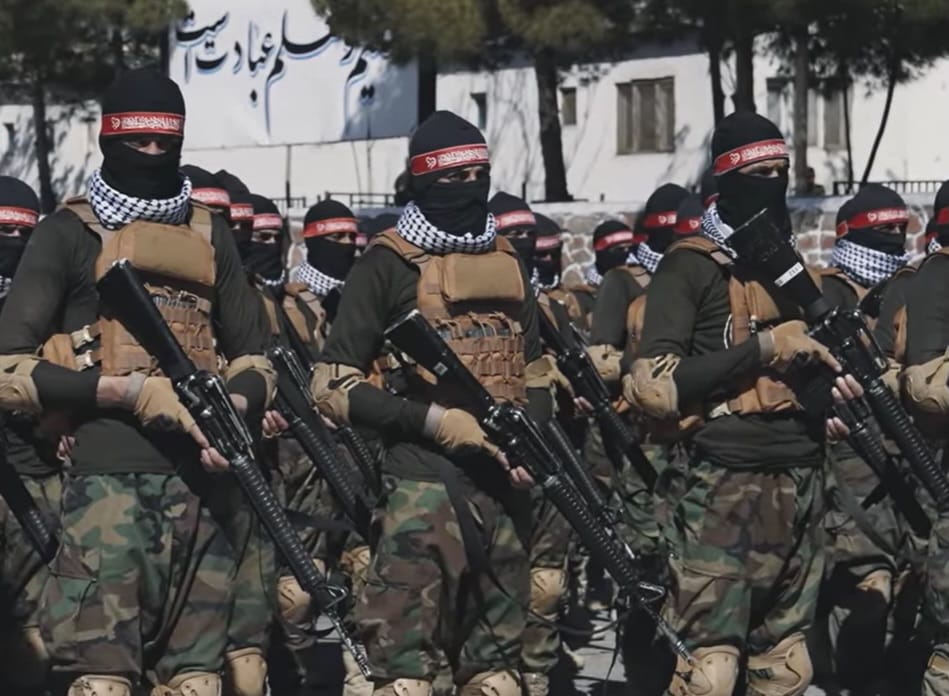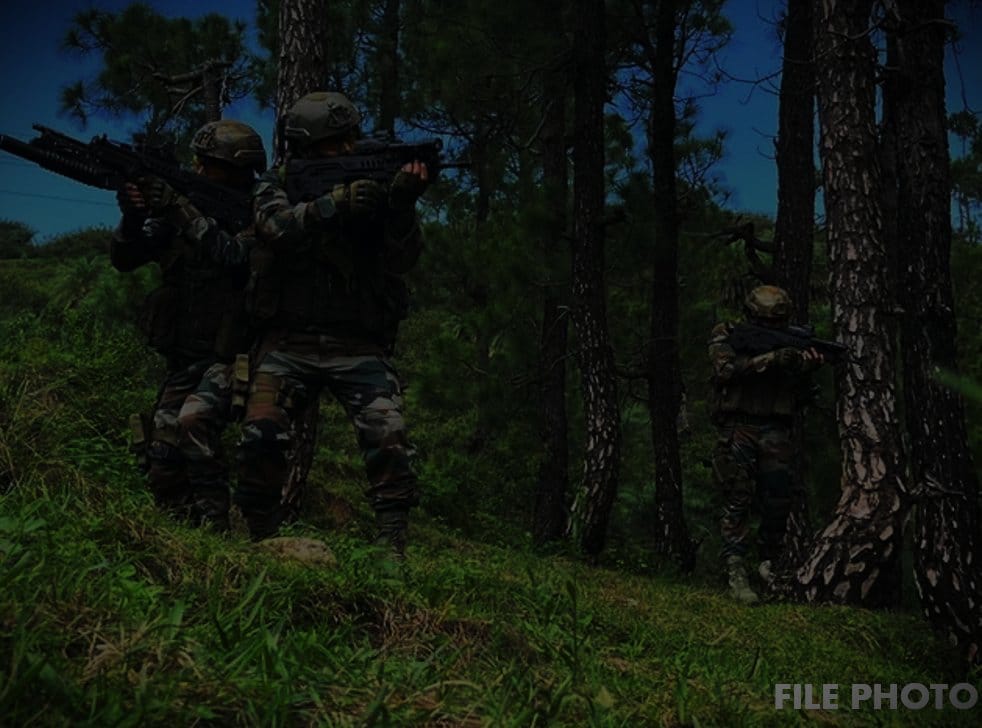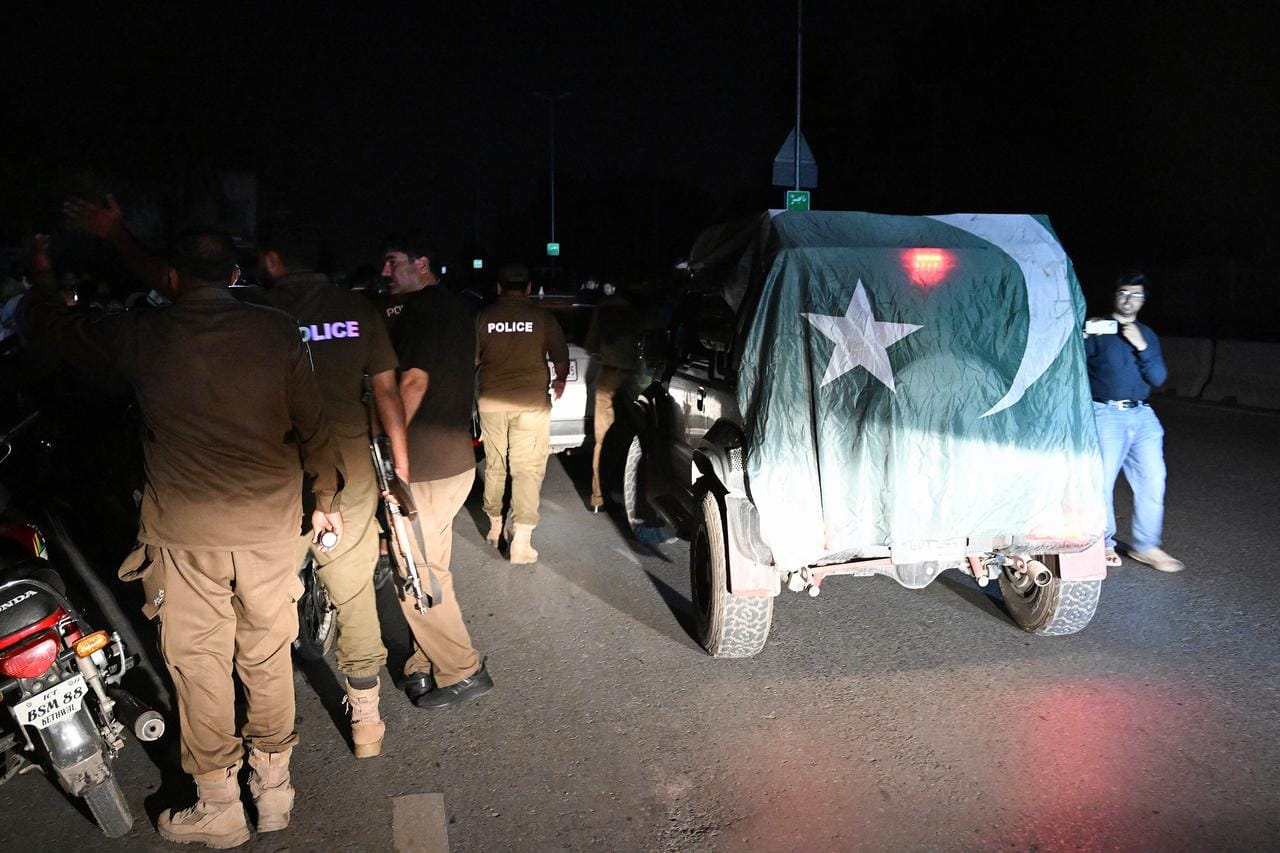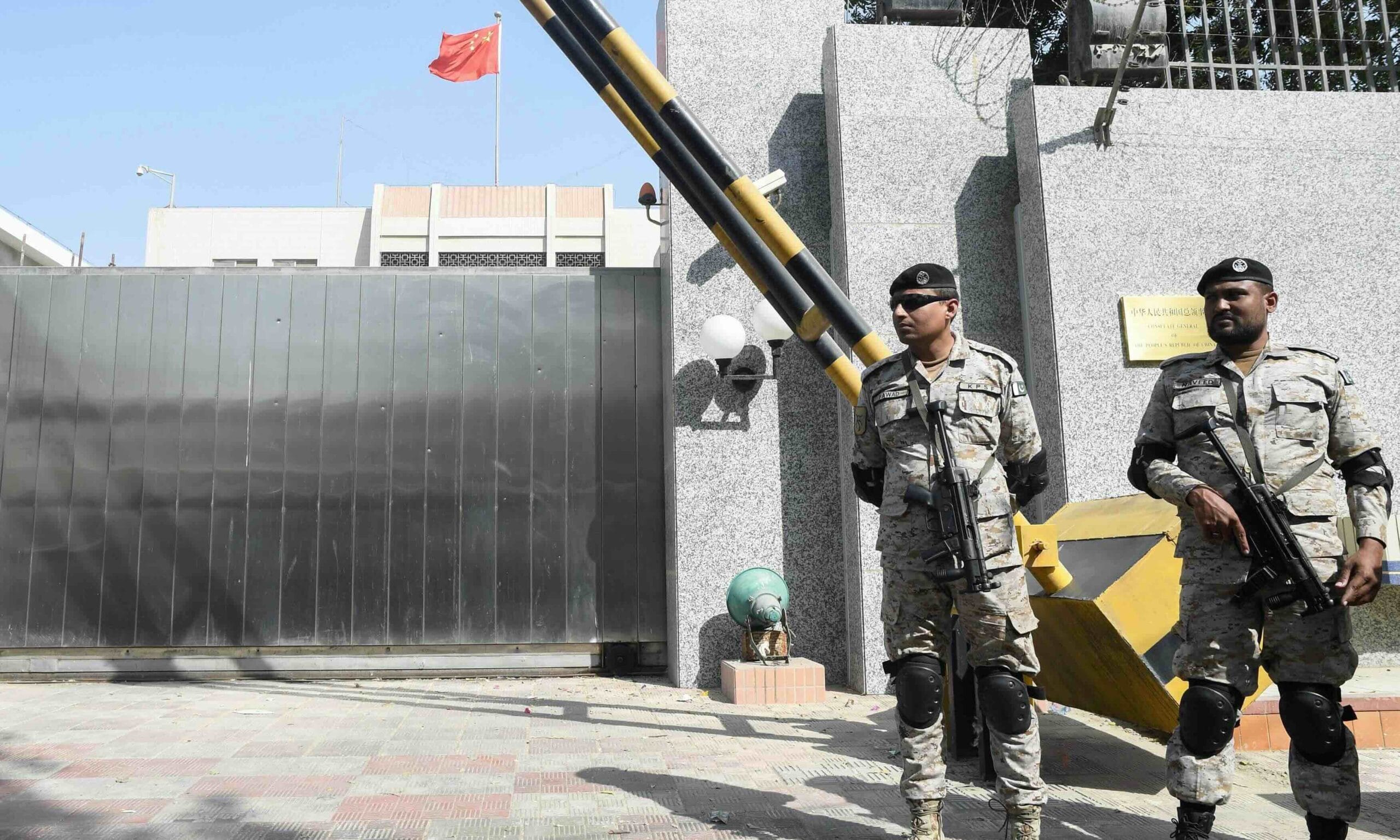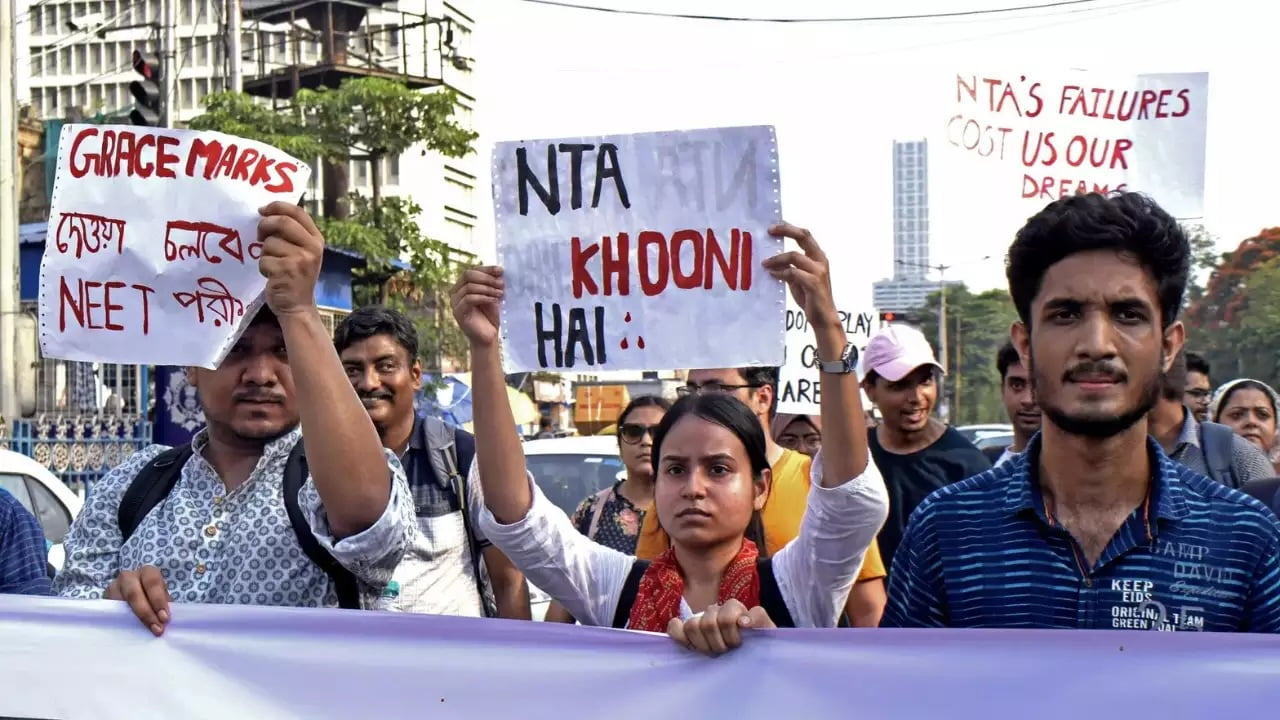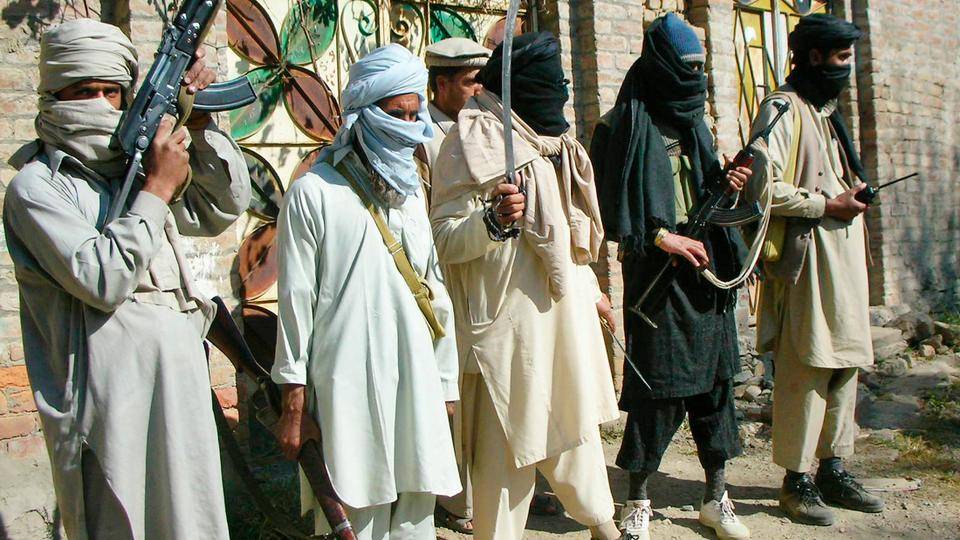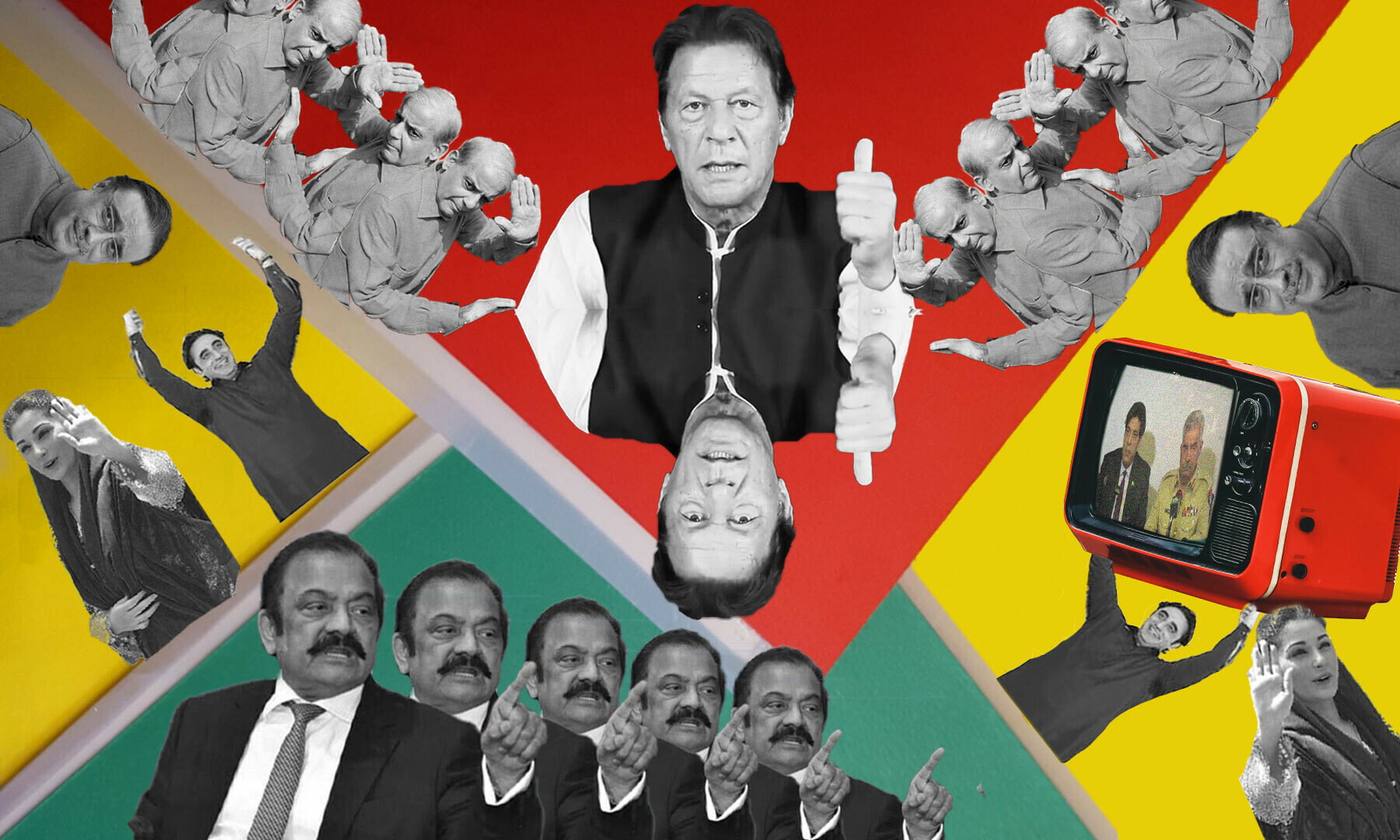The fragile peace along the Pakistan-Afghanistan frontier has once again collapsed. Destructive cross-frontier shelling in the last week has killed several dozen persons, shelled civilians’ enclaves, and closed border crossing points. What once appeared to most a smouldering controversy regarding militant safe havens has ballooned into military strikes that risk destabilising a troubled region. The controversy is over long-disputed territory: the Durand Line. Pakistan has blamed Afghanistan again under Taliban rule for hosting Tehreek-e-Taliban Pakistan (TTP) militants that stage attacks inside Pakistan.
Category: Pakistan
Operation Mahadev: Strategic Closure to the Pahalgam Terror Strike
Operation Mahadev stands out not only as a military victory but as a new perspective on evolving national security practices. This operation aimed to neutralize the attackers of the April 22, 2025, Pahalgam massacre, which resulted in the deaths of 26 civilians. On July 28, 2025, Indian security forces conducted a joint operation in the Dachigam forests near Srinagar. It provided immediate retaliation and a data-driven closure, supported by continued intelligence, forensic verification, and international diplomatic efforts.
What Lies Ahead for CPoKEC and Pakistan’s Islamic Alliances
Pahalgam terror incident of April 2025, an attack targeting civilians in Jammu and Kashmir has provoked not only diplomatic ripples but also a strategic recalibration of how Pakistan is perceived by its principal allies and benefactors. As attribution patterns increasingly implicate Pakistan-based non-state actors, questions arise about the resilience of two critical pillars of Islamabad’s external orientation: China’s economic investments via the CPoKEC, and Pakistan’s long-standing religious-political solidarity with the Muslim world.
Pakistan’s Operation Bunyan-un-Marsoos: Flexing Muscles to Hide Weak Knees
The operation, named after a Quranic term meaning “a solid structure,” targeted key Indian military installations, including the BrahMos missile storage facility in Beas and airbases in Udhampur and Pathankot. During the 3rd Ministry of External Affairs (MEA) briefing headed by foreign secretary Vikram Misri Read along with Colonel Sofiya Qureshi of the Indian Army, Wing Commander Vyomika Singh of the Indian Air Force, refuted Pakistan’s claim of attacking BrahMos storage site in Jammu.
Balochistan Terror Attack: A New Phase in Insurgency?
Balochistan, Pakistan’s largest yet most underdeveloped province, has been a hotspot for insurgency, terrorism, and geopolitical contestation. The recent terror attack in Balochistan, which targeted security forces, infrastructure, and civilians, has once again underscored the province’s precarious security situation. Beyond its domestic impact, the attack carries significant regional and international implications, particularly for Pakistan’s relations with India, China, Iran, and Western powers. This article provides an in-depth analysis of the attack’s origins, the regional and global responses, and the effectiveness of counterterrorism efforts.
China’s Mercenaries in Pakistan: Economic Promises vs. Sovereignty Costs
China’s growing involvement in Pakistan’s security, especially with the China-Pakistan Economic Corridor (CPEC), represents a significant strategic shift that deserves a closer look. This shift occurs as Islamabad grapples with internal unrest, particularly in Balochistan, while Beijing focuses on safeguarding its economic interests. As regional stability and sovereignty issues become increasingly crucial, understanding this evolving dynamic is essential for academics and policymakers. CPEC, launched as a key component of China’s Belt and Road Initiative (BRI), is valued at roughly $62 billion (Caskey, 2024).
Epidemic of Exam Leaks: South Asia’s Education Under Siege
In a shocking turn of events, an investigation done by a team of journalists for six years has shown that more than 30 government jobs and academic board exams in Bangladesh including question papers of the nation’s most competitive exams like Bangladesh Civil Service (BCS) have been leaked for over “a decade”. These incidents of paper leaks are spreading like a contagious epidemic in South Asia’s education system. Paper leaks where exam question papers are disclosed before the scheduled date have become a common phenomenon that disrupts the integrity of individual academic assessments.
Emergence of Tehrik-e-Taliban Pakistan and Beyond
There was a time in the year 1979, when the Soviets invaded Afghanistan, at that moment both Pakistan and the US considered Afghanistan as a region to safeguard their interest. When Afghanistan was having wars with Pakistan it didn’t bother Pakistan much as it was aware of US funding to Pakistan but today the scenario has changed, post US withdrawal from the region Pakistan is left to deal with terror outfits in Afghanistan all alone. Pakistan has a long-shared bond with TTP as TTP is Pakistani militants from Pakistan, TTP experienced a strong comeback in 2020 after the Afghan peace deal with the US. Afghan Taliban and TTP share deep ideological roots.
Imran Khan vs. Establishment: Pakistan’s Youth and Political Turning Point
Pakistan’s recent election results marked a potential turning point in its political history, with Imran Khan’s Pakistan Tehreek-e-Insaf (PTI) party emerging as the front-runner, challenging the military-backed establishment. This research piece will analyse this phenomenon through power dynamics, social change and the complexities of navigating a nascent democracy.
